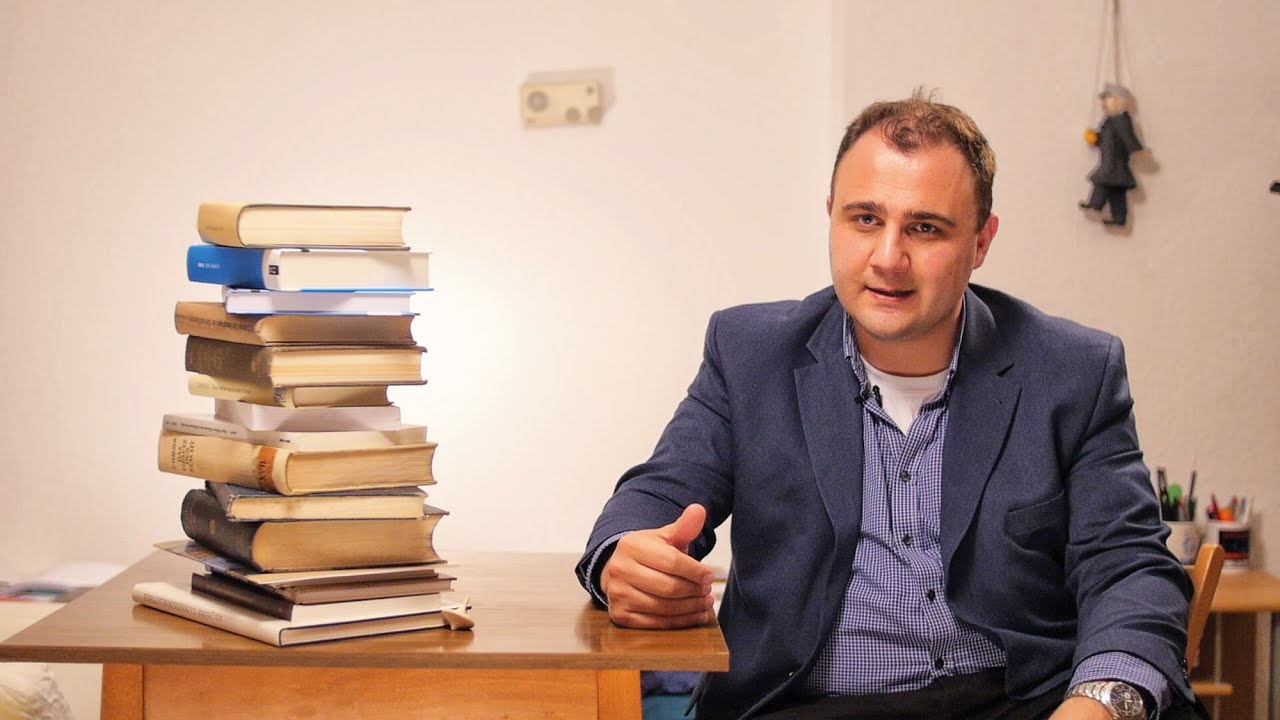On Monday, April 26, Prof. Dr. Stefan Kolev was our Table Guest. Kolev is among the leading contemporary academics in the field of the history of economic thought. Since 2012, he has been Professor of Political Economy at the University of Zwickau. He is also one of the directors of the Wilhelm Röpke Institut in Erfurt and co-founder of the Netzwerk für Ordnungsökonomik und Sozialphilosophie (NOUS). Around the CSS core theme of freedom, he talked to us about the sense and nonsense of the concept of neoliberalism.
What did we discuss?
We see a Western world in which there is one crisis after another: the financial crisis, followed by the refugee crisis, followed by a global pandemic. In the process, “neoliberalism” is regularly identified as the major culprit. In the corona era, moreover, the basic principles of the democratic constitutional state have come under pressure. Think here of the personal freedom of movement, but also of the increasing restrictions on freedom of expression, such as by the cancel culture. Contemporary liberalism does not seem to be able to provide an answer to this, but rather to be held responsible for the system in which this occurs.
However, discussing a possible crisis of neoliberalism is complicated by the lack of a clear and widely accepted definition of this concept. Not coincidentally, it is inherent in liberalism that it innovates and thus constantly renews itself. This is not surprising: after all, liberalism and freedom are necessarily accompanied by an ethic of individual responsibility, which can open up new avenues. The relationship between the contested notion of “neoliberalism,” liberalism, and today’s problems thus quickly becomes elusive.
What may we conclude?
In a liberal world order of freedom and equality, everyone should be able to connect with other people on a voluntary basis as much as possible. Globalization is an example of this. However, globalization has also posed major challenges to significant parts of the population and made life more complicated. In addition to being an economic issue, this is also—and maybe primarily—a cultural issue. Perhaps the digital age can play a role in forming new communities in which the new challenges can be thought and spoken about in new ways.
